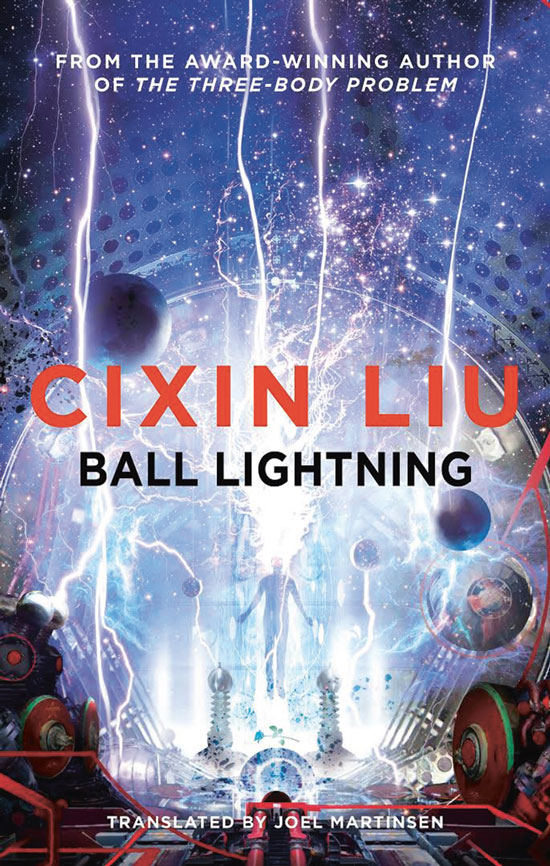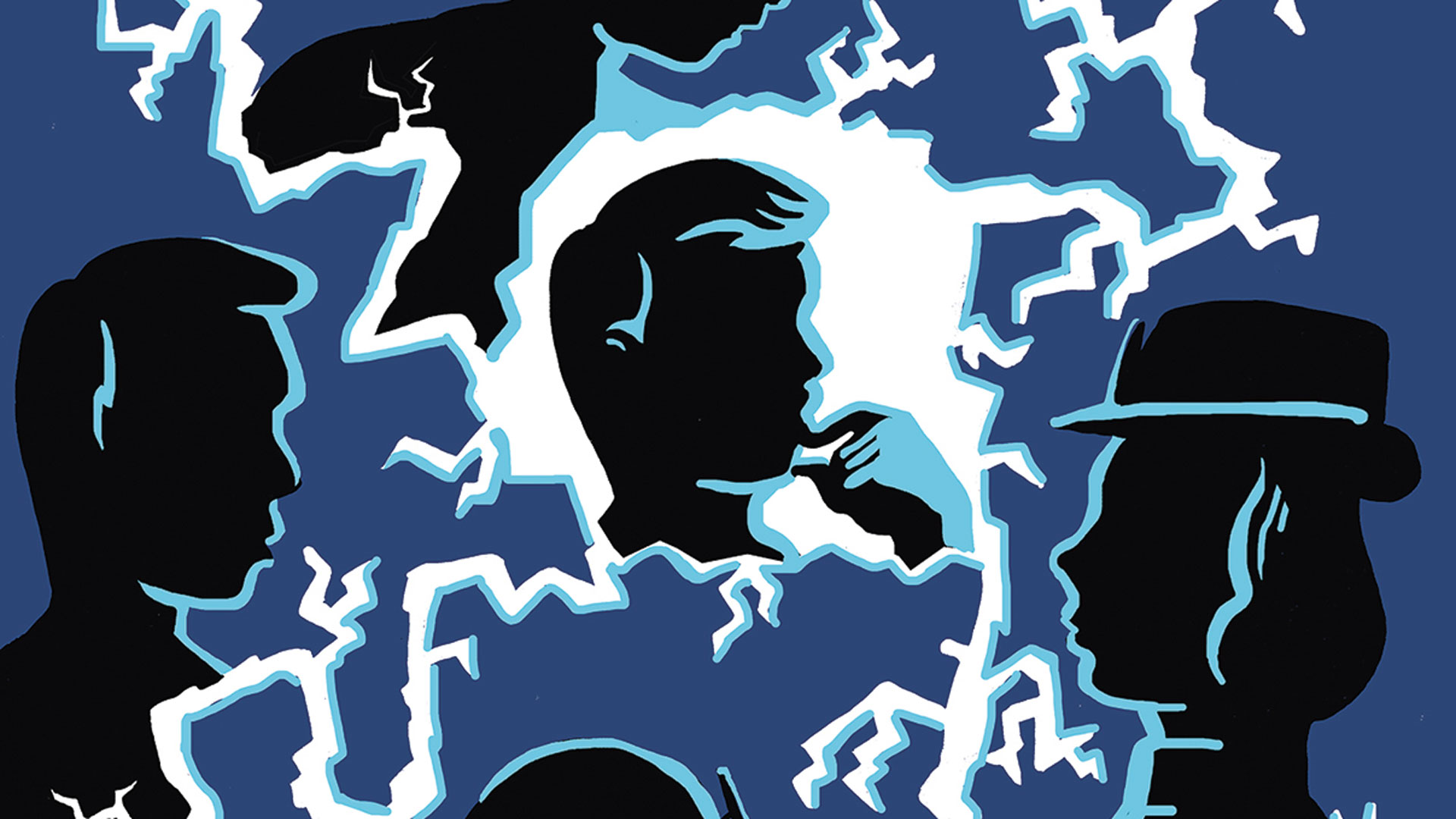Science fiction is, of course, as wide and deep as any other genre in fiction, and this week we’re looking at two books from opposite ends of the spectrum in terms of style and approach.
First up is Ball Lightning (Head of Zeus, £18.99) by Cixin Liu, translated by Joel Martinsen. Liu is best known for his Three-Body Problem trilogy, a series of first contact sci-fi novels that won awards all over the place and praise from the likes of Barack Obama and George R.R. Martin.

Ball Lightning is a standalone that was written before Liu’s famous trilogy, but it has been translated into English for the first time here, and it’s a fascinating piece of speculative fiction. Liu’s previous work brilliantly blended big scientific ideas with personal stories and the same goes for Ball Lightning, which focuses on Chen, whose parents are incinerated by a blast of ball lightning on his fourteenth birthday. As a result, Chen makes it his life’s work to understand the real-life phenomenon, bringing him into contact with Lin Yun, a beautiful Chinese army major working on militarising the energy involved in these unexplained fireballs.
Liu delves deeply into all sorts of scientific areas, from quantum mechanics to cosmology
Compared to The Three-Body Problem there is less external threat to ramp up tension here, but Liu instead delves deeply into all sorts of scientific areas, from quantum mechanics to cosmology, as well as uncompromisingly looking at where science crosses over with philosophy and morality. The conflict between knowledge for its own sake and the application of that knowledge in the real world is brought to the fore in Chen and Lin Yun’s relationship, and as events slowly escalate, a ghostly sense of universal resonance seems to pervade everything.
This is unsettling and thoughtful writing, all the more so for the understated translation of Liu’s prose style and matter-of-fact delivery. Ultimately, Ball Lightning does what all the best science fiction does – it makes the reader look at the world around then anew, and makes them think about the possibilities of the future.

Going from the cerebral to the visceral next, with S.J. Morden’s One Way (Gollancz, £13.99). The experienced British author has written extensively across the sci-fi genre and here he delivers an explosive thriller that blends science fiction with crime. The central character is Frank, serving life for murdering his son’s drug dealer, who is given the chance by his captors to travel to Mars to help build the first permanent base there. The construction team are all convicted criminals and as they reach Mars and unfortunate accidents start to pile up, Frank realises that one of the crew is behind it all.









